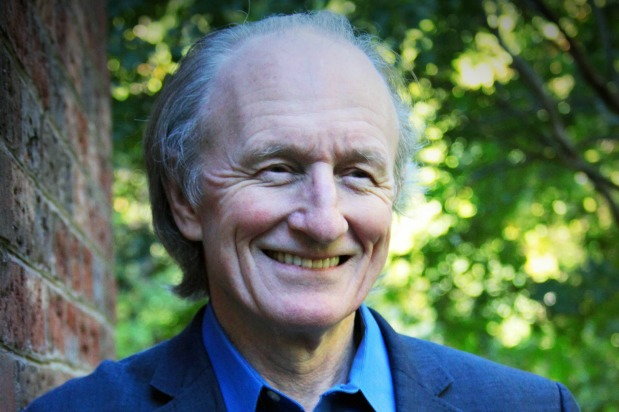According to The Merriam-Webster Dictionary, a habit is “something that a person does often in a regular and repeated way.”
For individuals suffering from addiction, they may be unaware that many of their destructive actions are habit-driven. They may fail to recognize that there are causes in their environment and lifestyle that may be subjecting them to tempting behaviors.
For example, when an alcoholic passes by a pub or bar every night on the way home from work, he or she is really putting himself or herself in a situation that can potentially lead to the undesirable habit of drinking.
Dr. Byrne is a teacher and master of meditation at the Insight Meditation Community of Washington, D.C. and believes in the power of mindfulness to help individuals abandon unhelpful habits. He says, “The unconscious act must become conscious in order to make different choices. Having other options requires being prepared in advance so they are readily available. This may include calling a sponsor or taking another route home that does not require passing by the bar or liquor store.”
How It Works
Since every experience we repeatedly encounter becomes embedded in the network of brain cells, a change in the “wiring” of our brains is required in order to rid ourselves of unwanted habits. Essentially, the individual must create new pathways. “It is a simple, but not an easy process,” admits Byrne. “Repeating an action can become so automatic, that we may be unaware it is actually occurring.”
So how do we do it? According to Dr. Byrne, awareness coupled with mindfulness is the first step in shifting our habits.
“Mindfulness is a natural antidote to unconscious and automatic habits,” he says. A central component to this practice is learning how to reflect and sit through uncomfortable or unpleasant feelings. Dr. Byrne refers to this as “riding the wave.” “The person must learn to tolerate these feelings and realize the discomfort is only temporary,” he says. “It will pass.”
Staying Present
Developing new reactions to circumstances inevitably takes training, practice and patience and meditation is one very powerful tool in this area. By incorporating meditation into our daily lives, the individual can decrease the strength of his or her negative habit, increase the strength of his or her desire to change, and provide himself or herself with the kindness and forgiveness to deal with any shortcomings.
“We should recognize that harsh criticism of ourselves is not helpful,” Dr. Byrne explains. “We cannot live in the future nor can we live in the past. We all need to train ourselves to a life where the default is living in the present.”
Changing addictive habits can be a rocky and even painful path at times. However, by learning to pay attention to your thoughts and actions in the moment, every person suffering from an unhealthy addiction (be it drugs, technology, social media, eating issues, etc.) can discover that it is possible to let go of old patterns and create healthier ones. The release of negative habits leads to cultivating a life of self-compassion and non-judgmental behavior. And when you feel good about yourself, you can do just about anything.
Dr. Byrne’s new book The Here-and-Now Habit: How Mindfulness Can Help You Break Unhealthy Habits Once and for All addresses how living in the “here and now” can help rewire the brain and finally break the habits that are holding a person back from leading a fulfilling life.
You can learn more about Dr. Byrne and his work by visiting his website.








